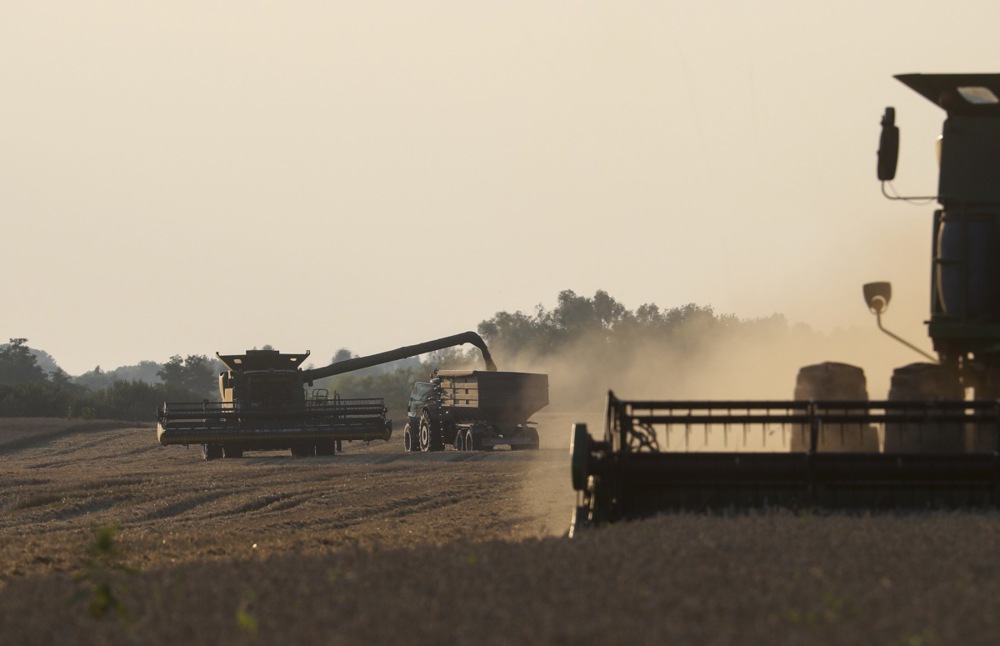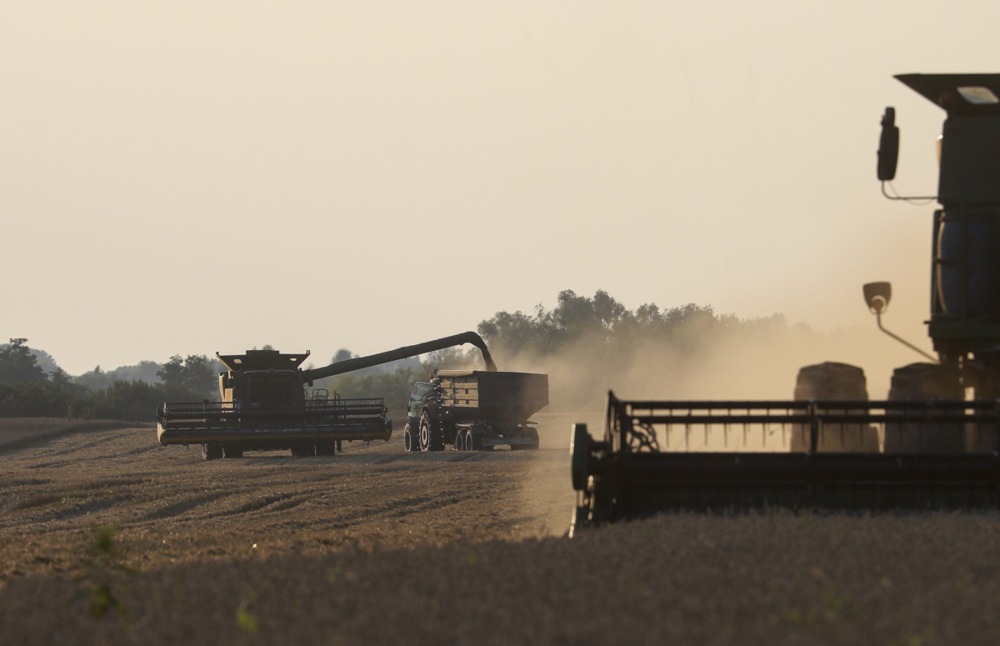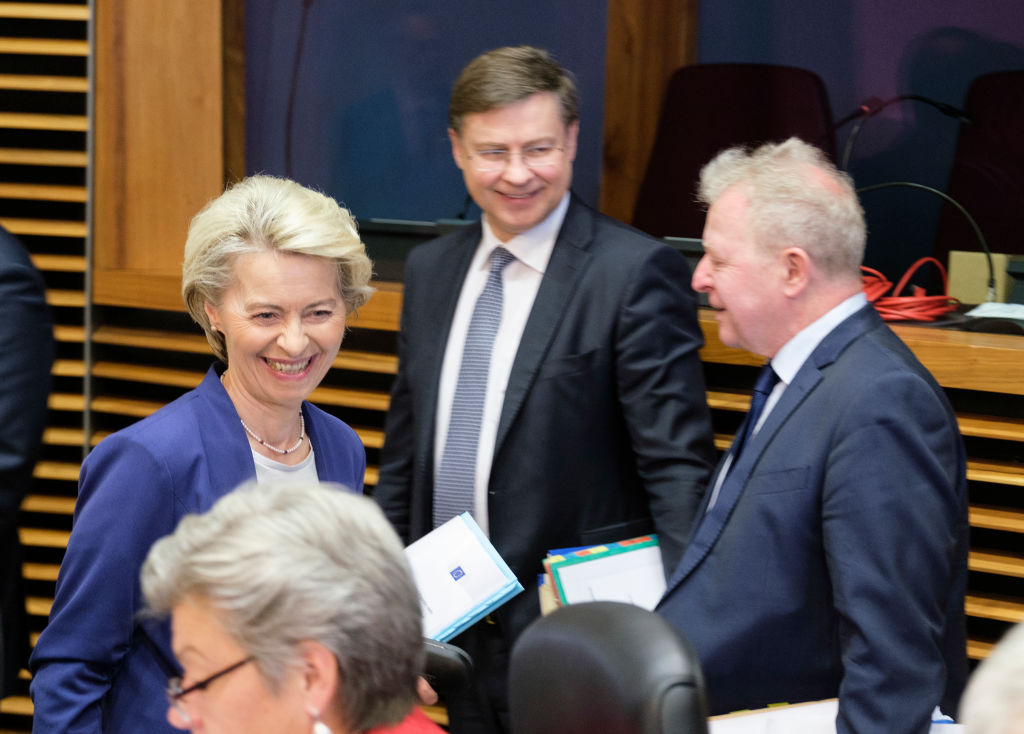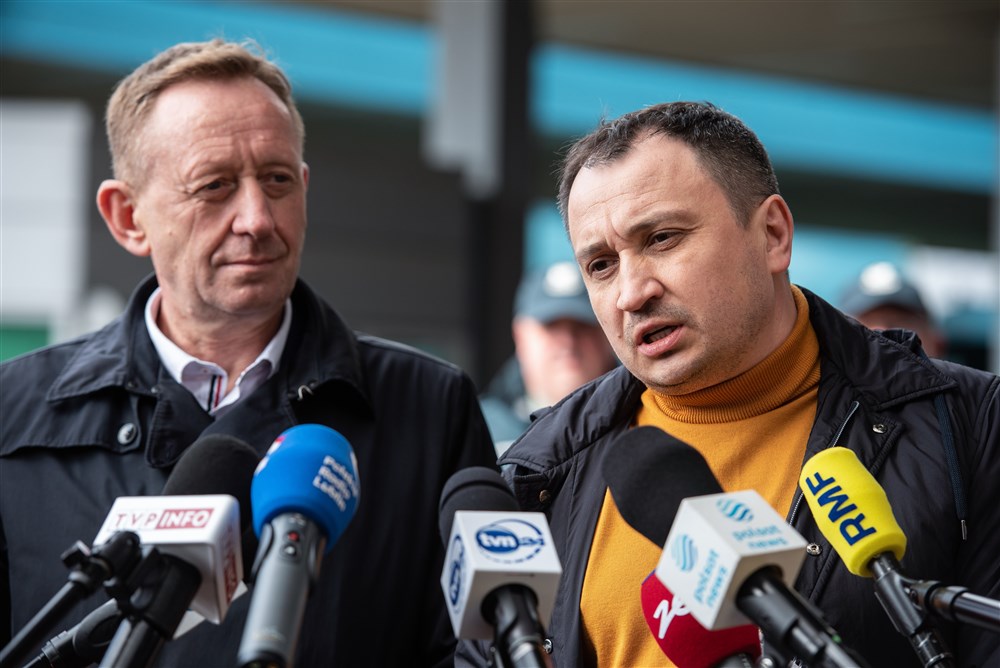European Commissioner for Agriculture Janusz Wojciechowski has publicly disowned the decision taken by the EC to end the embargo on Ukrainian grain for five neighbouring European Union states, three of which have decided to continue the ban in defiance of the EC.
Wojciechowski’s efforts to persuade the EC to prolong the grain embargo on Ukraine failed and the EC announced just hours before the September 15 deadline that the ban had expired.
Justifying the decision, the EC said: “The market distortions in the five Member States bordering Ukraine have disappeared … as a result, it has been agreed that existing measures will expire today.” It also said that” trade policy is the exclusive competence of the EC”.
Three of the five EU Member States, Poland, Hungary and Slovakia (the other two are Romania and Bulgaria), that were allowed to stop Ukrainian grain entering their markets from May 2023 to September 15 are unilaterally defying’s EC’s decision to lift the embargo.
According to commercial Polish radio station RMF, unnamed sources in the EC are hinting that no action is likely to be taken against Poland or the other “rebel” states before the Polish general elections on October 15.
Reacting to the EC’s decision, Polish Prime Minister Mateusz Morawiecki, campaigning for his government’s re-election, adopted a tough stance saying his country is keeping the embargo regardless of the EC’s opposition.
“We will extend the ban on the import of Ukrainian grain. We will not listen to Berlin or von der Leyen, Donald Tusk or Manfred Weber. We will do it because it is in the interest of Polish farmers,” he said.
Wojciechowski publicly challenged the EC decision. He told Polish public radio on September 16 that the failure to extend the embargo posed a “threat to once again destabilise the markets in those nations, possibly other nations too, and could have negative effects for Ukraine itself”.
He complained that extending the ban was never put before the College of the Commissioners to be voted on. He also claimed that the grain embargo had stabilised the markets of the five EU Member States neighbouring Ukraine saying before the ban they had suffered from a huge influx of Ukrainian produce.
Wojciechowski said he had unsuccessfully pressed the EC to assist with the transit of Ukrainian grain with subsidies for its transportation through the Baltic and Mediterranean ports in a bid to make those routes economically viable.
He also argued that Ukraine had made a “mistake” by lobbying for the embargo to be lifted. He said it would “negatively affect its export capacity through the solidarity corridors” and that this may be because of “interests of speculators who want to maximise their profits by exporting to the nearest market”.
He added that he hoped the EC would soon re-examine the situation and reinstate the embargo.
Advisor to the Polish President Andrzej Duda and former agriculture minister Jan Krzysztof Ardanowski told Brussels Signal that he believed the EC was making an error by failing to understand differences between the Ukrainian agriculture sector and that of other EU countries.
“The EC doesn’t seem to get why we don’t want Ukrainian grain and food products. If we and other countries make ourselves dependent on Ukrainian produce we will undermine our agriculture and with it our food security,” Ardanowski said.
He also warned that Ukrainian agriculture is dominated by “huge farms with millions of hectares of top-quality soil owned or leased by multinational concerns. They use technologies which are not permitted in the EU and have access to cheap labour and energy”.
“In addition, because of their ties to Ukrainian oligarchs and politicians, they pay little or no tax in Ukraine. This is why their food products will always have a competitive edge on those produced in the EU,” he said.
Ardanowski added that Poland has to defend its own market and that although Ukraine’s “European aspirations” should be supported, Ukrainians must be willing to “reach out” to Poland and others with regards to agriculture.
Poland’s agriculture minister Robert Telus said Ukraine would have to make changes if it wanted to be a member of the EU. He hinted that Poland would push for a transitional period in which Ukrainian products would face restrictions, just as Polish workers had a transitional period before being able to enter the labour markets of most Member States.
But Ukraine’s response so far shows no sign of “reaching out”. Its President Volodymir Zelenskyy has thanked the EC President Urusla von der Leyne for keeping her word on lifting the ban and called upon Ukraine’s neighbouring EU states to accept the EC’s decision and the principles of the EU being a Single Market.
Ukraine’s trade representative Taras Kachka on September 18 said that his country will be suing Poland, Hungary and Slovakia, taking its case to the World Trade Organisation.





